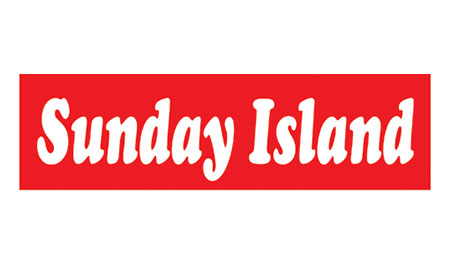Opinion
Landmarks in the history of the tea industry

Hailing from a tea planting district upcountry, it was interesting reading ACB Pethiyagoda’s articles on the tea industry (Sunday Island June 16 and 23). His comment, ‘Several other laws related to land were enacted over the next few years favouring the English prospectors until the infamous Waste Land Ordinance came into force in 1897 depriving the Sinhalese of all inherited or uncultivated land leaving no room, in some cases for burial ground of their own. Who were the main buyers? The Government Agents, Judges, other high government officials and even Archdeacons and Colonial Chaplains’.
This could be true as some tea estates bear the name of such government officials – eg. Sir Anthony Oliphant, Chief Justice owned Oliphant estate in Nuwara Eliya. It may be due to this reason that it was subsequently declared that no government official could own state land as stated in a speech by Sir Hugh Clifford, Governor of Ceylon in his address at the Second Annual Agricultural Conference held on March 11, 1927.
He said here – ‘And now, at last, I turn to the Land Question, and I shall begin by commenting very briefly upon a point which seems to have excited considerable interest during the recent debate in the Legislative Council – viz, whether in ancient times waste and unoccupied land was or was not vested in the sovereign. To me it seems that the matter is one of historical and academic rather than of practical interest.
‘By section of Ordinance No.12 of 1840 ‘ All forest, waste, unoccupied or uncultivated lands’ are ‘presumed to be the property of the Crown until the contrary is proved and that is the law as it stands today. As I understand the contention of some of my honourable friends, their claim is that ‘forest, waste, unoccupied or uncultivated lands’ should by right be vested, not in the Crown but in the people.
‘But I would ask, for practical purposes, is not this distinction without a difference? What do we mean by such land being ‘vested in the Crown’? Not that His most gracious Majesty personally or through the agency of his servants, desires or proposes to put it to uses of his own, but that all such land is to be recognized not as the property of individuals but as one of the principal public assets of Ceylon’ — however, I say, the Government of Ceylon, may be constituted it will always be one of its primary and most imperative duties to guard and defend the land – the greatest asset of the people, of the taxpayers – from encroachment by individuals or groups of individuals and further, to the best of its ability, to see that it is alienated in the manner most nicely calculated to promote the prosperity of the Island – the greatest asset of the people, of the taxpayer.’
With regard to the accusation that European government servants acquiring land he says -’As you are aware, so determined is the Government of Great Britain that the European servants of the Crown serving in Colonies such as Ceylon should be able to deal with Land Acquisitions in complete freedom from any temptation to further their own interests that it has been made an essential condition of our employment under the Crown that no one of us is allowed to possess a square yard of land in the Colonies in which we are serving’. Throughout his speech he repeats and emphasizes by saying ‘The great public asset that is entrusted to their guardianship’
The above only concerns land, but Sir Hugh Clifford, Governor of Ceylon had spoken on other matters making mention of developments. The first European planters who invested their own finances, lived in log cabins under substandard conditions. What is more, recruited South Indian Labour as Emerson Tennant stated ‘The temptation of wages and the prospect of advantage has hitherto availed to overcome the repugnance of the Sinhalese and Kandyan to engage in any work on estates, except the first process of felling the forest’
The colonial rulers saw to it that these South Indian labour were sent back after their term of service, thus avoiding the increase in population in Sri Lanka and most importantly creating another ethnic group, though the population then was less than six million. This shows the interest shown to safeguard the interest of the people and the country, which is woefully lacking in our politicians who are ever prepared to sell the country for personal benefits to be in power.
What Pethiyagoda has written should be applied to the present as otherwise it serves no purpose. The land which was safely guarded and protected by the Colonial rulers and considered as the assets of the people is today blatantly plundered with impunity by our politicians and their kith and kin. There is also the deterioration in other sectors such as the Public Service which was once considered the best in Asia and rampant corruption which has led this country to dire poverty and now the mercy and dictates of International Monetary Fund [IMF].
Though volumes could be written on the pathetic state of our country, I refrain as your editorials have exposed time and again the corrupt politicians and their ‘Poli-tricks’ and educating the masses to act wisely for a change in the system.
G.A.D. Sirimal
Boralesgamuwa
E-mail – sirimal1927@gmail.com